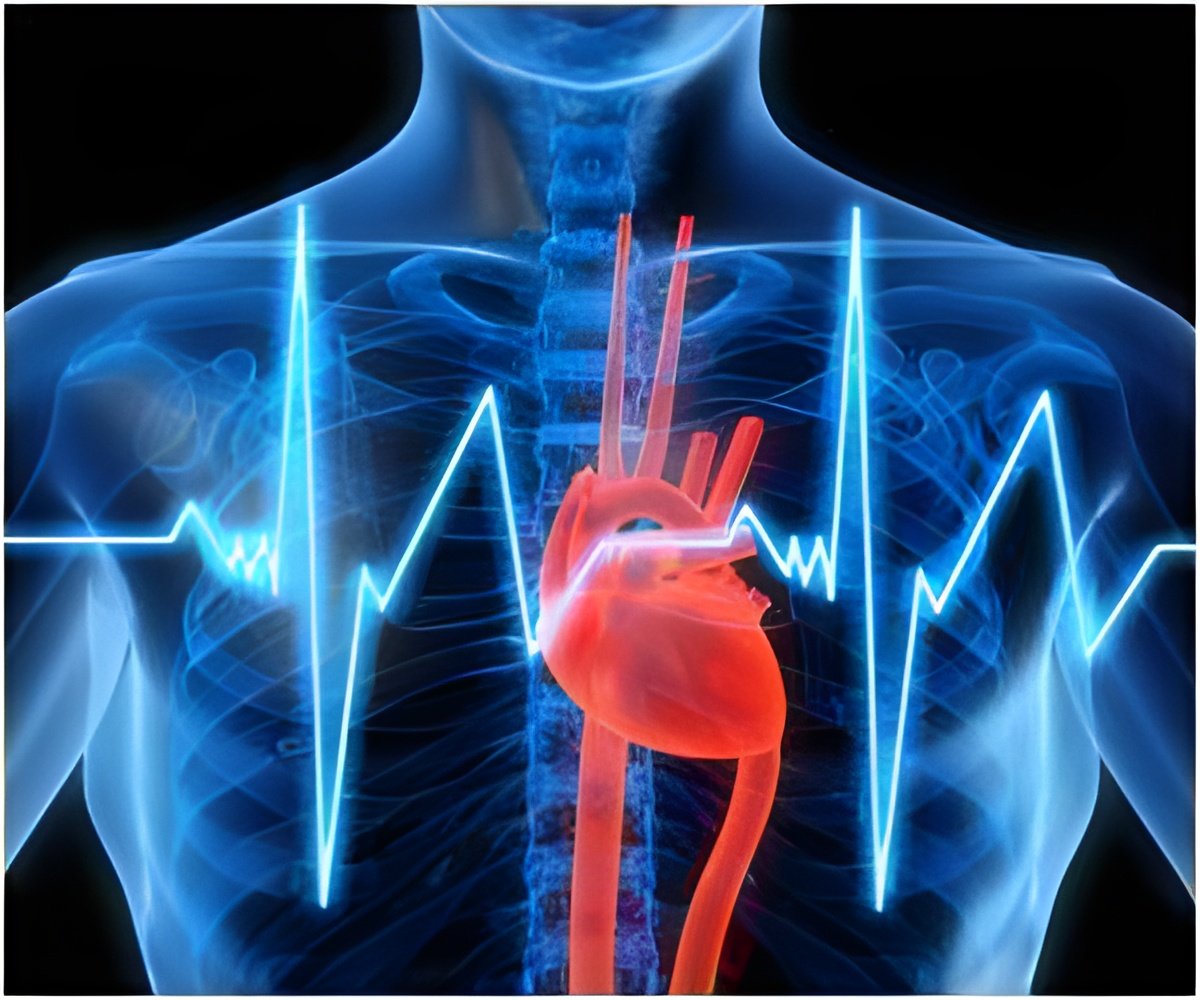A highly intensive exercise regimen that takes just four minutes every day can improve your cardiovascular health, a Japanese researcher suggests.

"After four minutes' hard exercise they were wiped out. But after six weeks they saw the results and were surprised. We all were," he recalled the first time he inflicted the system.
Professor Tabata, well known for his research into high-intensity intermittent training, is a former researcher at the National Institute for Health and Nutrition and currently a professor and researcher at Ritsumeikan University's newly established Faculty of Sport and Health Science.
His research followed extensive monitoring of Japan's speed skating team in the early 1990s when he - along with the team's coach Irisawa Koichi - noticed that short bursts of brutally hard exercise seemed to be at least as effective as hours of moderate training.
Tabata set out to show this with a simple experiment. One group of moderately trained students performed an hour of steady cardiovascular exercise on a stationary bike five times a week. The other group did a 10-minute warmup on the bike, followed by four minutes of Tabata intervals, four times a week - plus one 30-minute session of steady exercise with two minutes of intervals.
After six weeks of testing, the group following Tabata's plan - exercising for just 88 minutes a week - had increased their anaerobic capacity by 28 percent and their VO2 max, a key indicator of cardiovascular health and maximal aerobic power, by 15 percent.
"We have also measured increases in heart size after three weeks of doing the protocol. And there is also forthcoming research that shows that it lowers the risk of diabetes in humans, something we have already shown in rats," said Tabata.
Tabata stated that all-out effort at 170 percent of your VO2 max is the criterion of the protocol.
He has also found that doing the programme just twice a week, less than half the volume in the original research, still provides significant health benefits.
Another soon-to-be-published finding, which Tabata describes as "rather significant", showed that the Tabata protocol burns an extra 150 calories in the 12 hours after exercise, even at rest, due to the effect of excess post-exercise oxygen consumption.
Source-ANI
 MEDINDIA
MEDINDIA




 Email
Email










